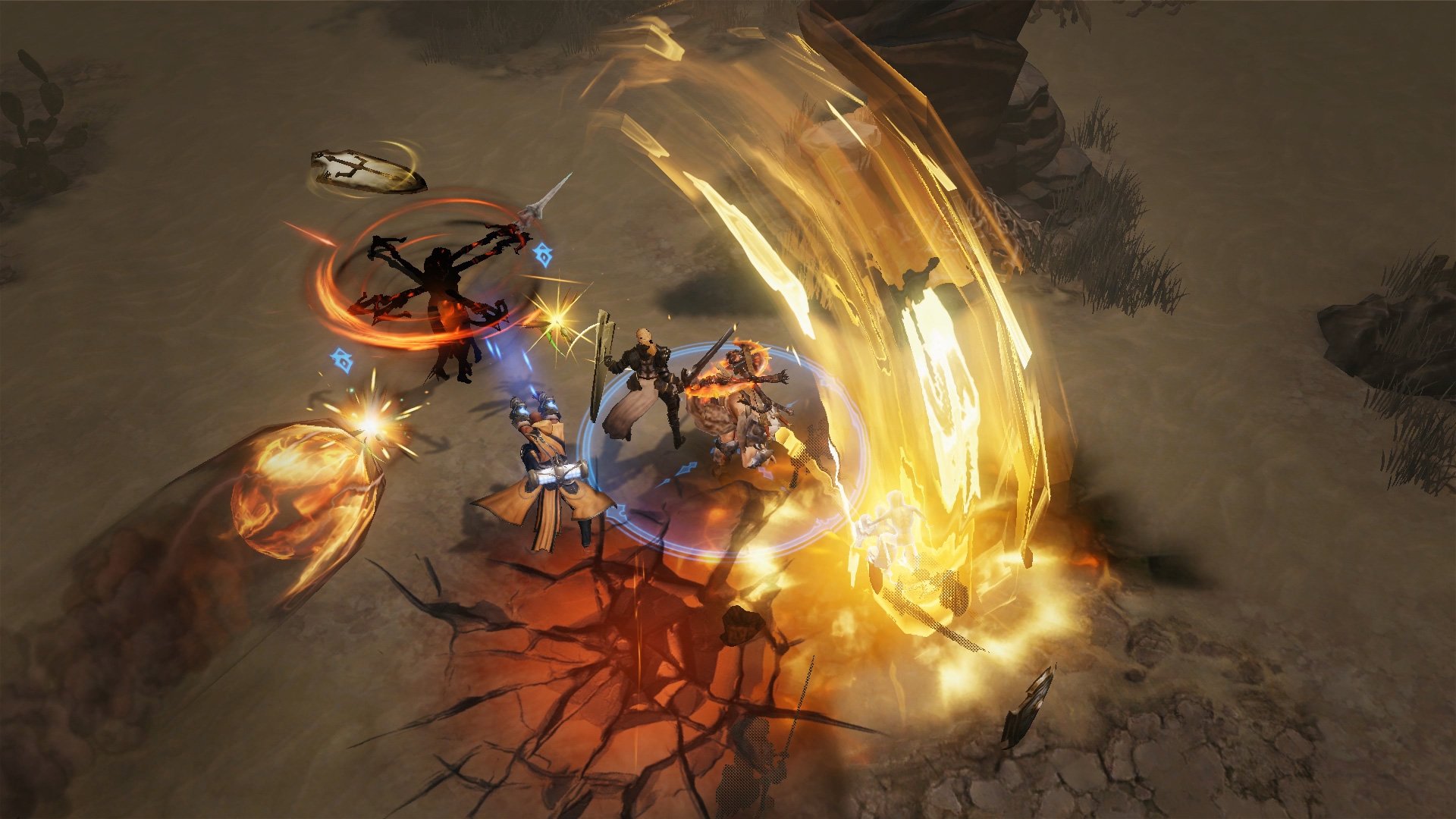On November 2, at the BlizzCon festival, Blizzard announced Diablo Immortal. The new Diablo was met with hostility. In less than the first three hours, the Immortal trailer scored 75 thousand dislikes. In total, by that time, the video had been viewed 120 thousand times.
Why did this happen? Let’s figure it out.

Diablo Immortal
Before BlizzCon, there were rumors about a remaster of Diablo 2. Fans of the project hoped that they would receive an updated reading of the classics.
Their hopes were not unfounded. Last summer, an updated version of StarCraft was released.
Therefore, their disappointment can be understood. Plus, perhaps from their point of view, the novelty in the mobile context does not look original in mechanics, as, for example, it was in the case of Hearthstone. The first thing players see here is the control system familiar to mobile role—playing action games, and the first thing they hear about is short game sessions.
The fact that this is not a personal Blizzard project also played a role. The new game is being developed jointly with the Chinese giant NetEase. This is an old partner of Blizzard in the Middle Kingdom, who operates all the projects of the Irving forge of hits there.
At the same time, it is important to understand that Chinese gaming for many Western players remains synonymous with rigid monetization, the necessary hours-long grind, as well as alien approaches and mechanics. That is, everything that you don’t want to see in your favorite IP.
But another nuance could play a more important role. As in the case of the announcement of Command & Conquer: Rivals, which received a cold reception from C&C fans this summer, the novelty is presented to an audience that does not associate itself with the platform chosen for the project and is waiting for the announcement of a specific IP on the site where it is used to playing.
Simply put, brand fans don’t get what they want. Instead, they are offered an analogue, which they do not regard as an equivalent replacement. This causes rejection by the core audience of a particular IP.
Attention: this did not happen at the announcement of Fallout Shelter, since the project was not offered as a replacement for Fallout 4. On the contrary, at that time it played the role of a marketing tool to promote the latter.
The reaction to the announcement of another Bethesda mobile game — The Elder Scrolls: Blades — was also not negative. The players were told that the team is also working on a new The Elder Scrolls for “large” platforms, which the target audience of the brand perceives as “full-fledged”.
Against this background, it is interesting how Blizzard will deal with the negativity associated with Diablo Immortal.
